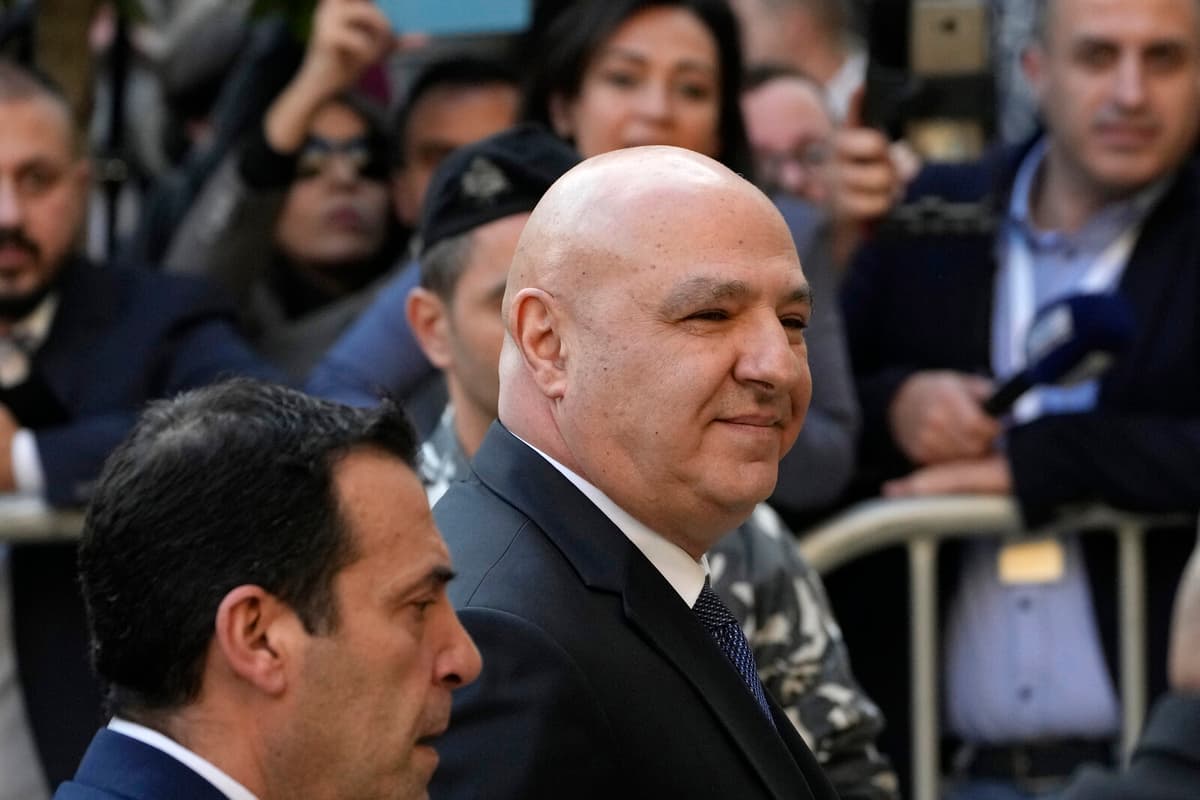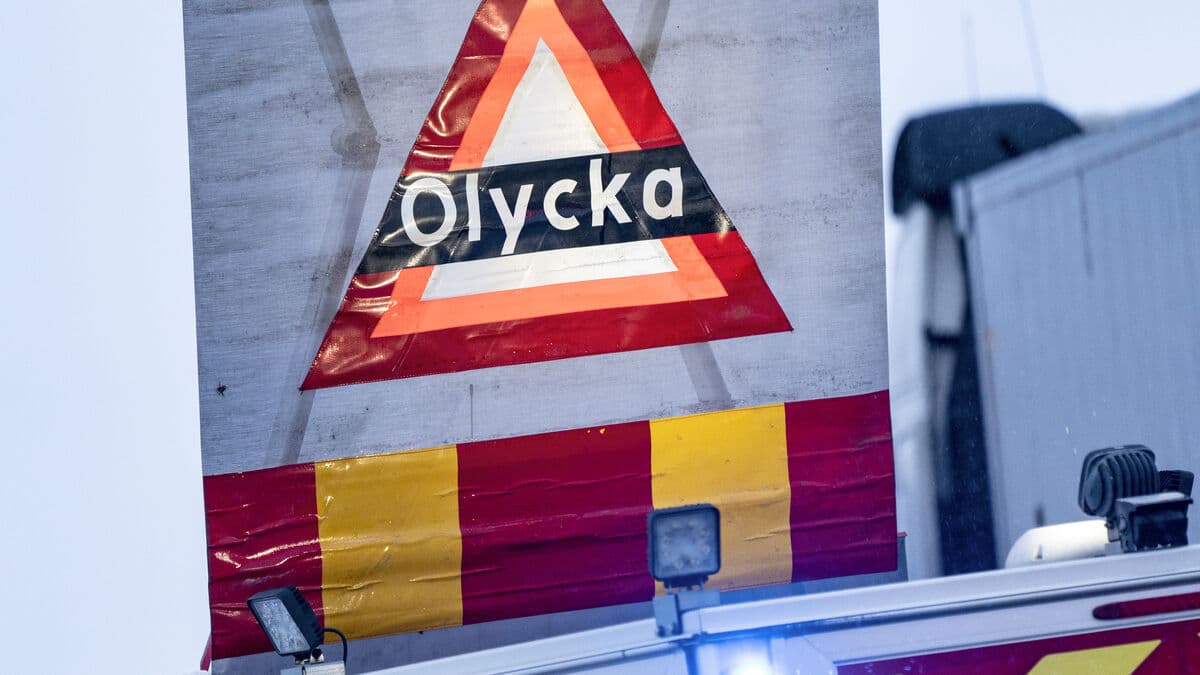President Joseph Aoun, an army chief who took office last week after a two-year power vacuum in Lebanon, has met with UN Secretary-General António Guterres. Israeli forces must withdraw from the country's southern parts by the agreed deadline. The last day is January 26.
"Israel's continued violations on land and in the air, where they blow up homes and destroy border communities, completely undermine what was agreed upon in the ceasefire agreement," it says in a formal statement from the presidential office.
To become a demilitarized zone
The parties agreed on a ceasefire between Israel and the Lebanese Shia militia Hezbollah on November 27, two months after a full-scale war where Israeli forces advanced into Lebanon. As part of the agreement, it is also up to Lebanon's regular but relatively weak army to deploy forces in the south, where they will maintain peace together with international UN forces.
In turn, Hezbollah will withdraw north, north of the Litani River and further away from Israel. The still influential movement will then not have any military capabilities left in the south.
In connection with Aoun's and Guterres' meeting, Hezbollah's top leader Naim Qassem went out and accused Israel of having broken the agreement's conditions "hundreds" of times in recent weeks.
"Have had patience"
It cannot continue like this, said Qassem in a televised speech, and urged the government to do something about it.
We have had patience with the violations to give the Lebanese state, which is responsible for this agreement together with international sponsors, a chance. But I want to urge you not to test our patience.
In the long run, President Aoun has promised that the Lebanese government will have a monopoly on violence in the country – which in practice means that Hezbollah needs to be disarmed. It has been promised before, without being possible to implement.






